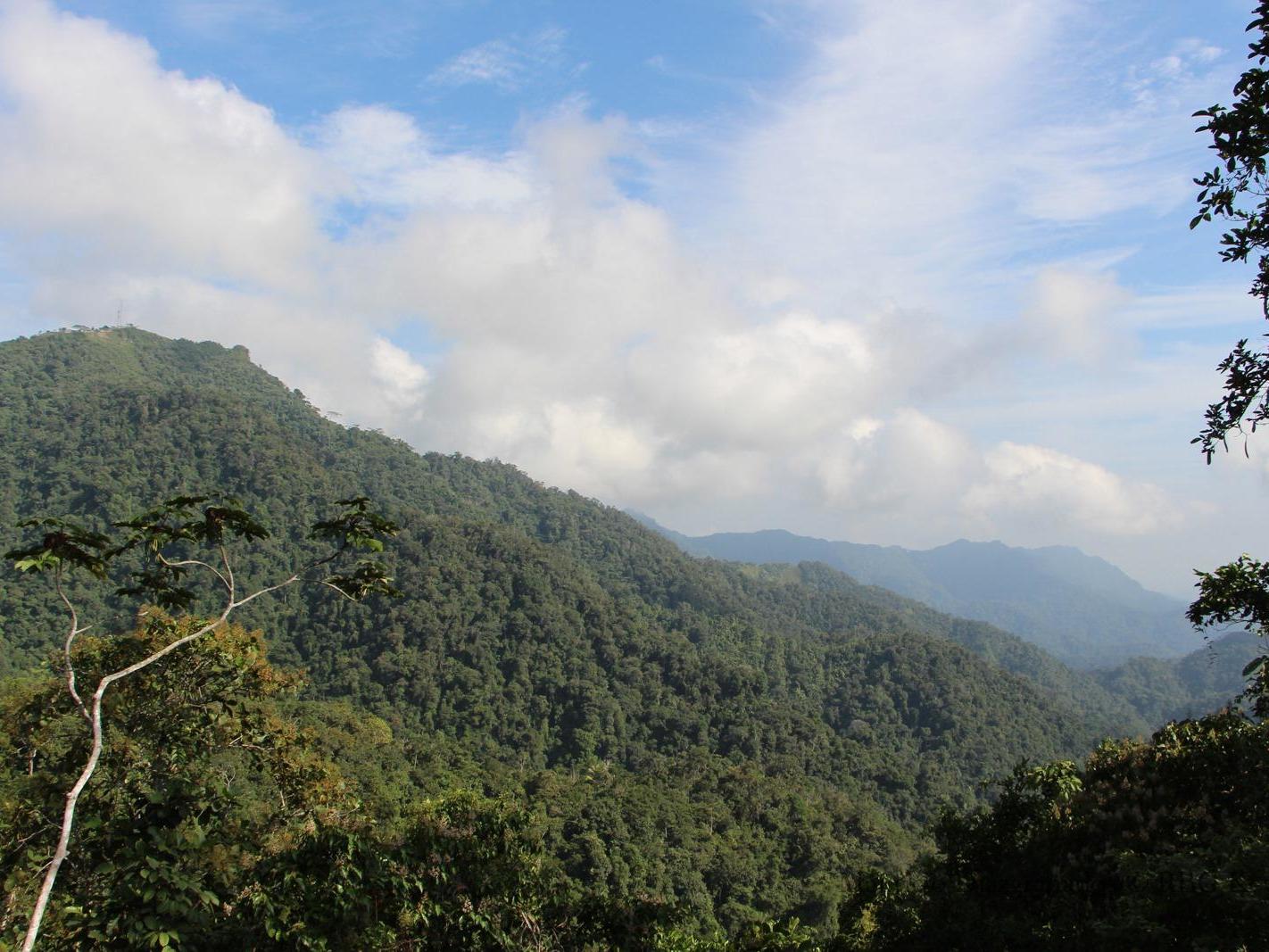Plant diversity must be a priority for conservation efforts as they could hold solutions to various kinds of disease, including Covid-19, a biologist and botanist has said.
Dr Mauricio Diazgranados, who heads the Colombia Bio Programme at the Royal Botanical Garden (RBG), Kew, said conserving nature-rich areas could provide sustainable livelihoods for locals as well as benefits for all of humankind.
The programme was recently established by the Colombian government to allow for sustainable economic use of the country’s rich biodiversity resources. In partnership with Kew and other organisations in Colombia, research is being carried out to explore untouched parts of the country, which is the second most diverse country in the world – with over 30,000 plant and lichen species.
According to Kew, seven of the 32 regional governments have committed funds for a range of projects under the Colombia Bio Programme, including for scientific expeditions, the development of eco-tourism, and research and development into biotech and agribusiness innovation.
But since 2016, when rebels from the country’s largest insurgent group made a deal with the national government to end half a century of armed conflict, deforestation in Colombia has surged due to ineffective conservation efforts, even in supposedly protected areas.
Deforestation for agriculture, mining and providing local incomes has locked conservationists into a “race against time” to put protection measures in place. Unique and unknown plants in the country are threatened by the increasing deforestation, which is reportedly wiping 3,000 square kilometres of forest every year.
Dr Diazgranados and his team collected over 100 plant samples, including at least two new species, on a trip into the forests of Serrania de las Quinchas in February. The expedition was part of a documentary by the BBC titled ‘Colombia: Saving Eden’ which examined the country's biodiversity.
In Serrania de las Quinchas, the team worked with local partners to collect samples and seeds for Colombia’s institutes and seed banks. Duplicates of the plant samples are provided to Kew for analysis.
The team collects samples of plants they haven’t seen before or which the local community has told them has special uses. Dr Diazgranados said collecting and learning about the flora countries like Colombia is essential because: “We don’t conserve what we don’t love.
“And we don’t love what we don’t know so we need to know what’s around to appreciate it and conserve it.
Posted by Mauricio Diazgranados on Tuesday, April 21, 2020
“We are in a race against time trying to protect this richness and trying to show we don’t need to destroy nature, we can keep it, preserve it, and use it to boost the economy through the bio-economy,” he added.
“We want to know more about the biodiversity, because we are interested in protecting it and preserving the local livelihoods, as well as to know the benefits for humankind.
“These plants might be the solution to Covid-19 – we don’t know.”
Medicinal plants are widely used in Colombia in rural communities, although there has been little research into their properties. For example, an ethnopharmacological study on the community of San Basilio de Palenque identified around 30 uses for plants in traditional medicine – from treating skin affections to inflammation of the respiratory tract, to gastro-intestinal disorders.
“Every time a species disappears, we lose all the richness in compounds and evolutionary history that produced that, which is unique or very difficult to replicate,” said Dr Diazgranados.
“That’s why preservation is extremely important.”
Reporting by PA


Join our commenting forum
Join thought-provoking conversations, follow other Independent readers and see their replies
Comments